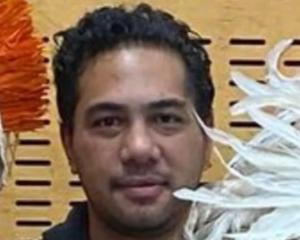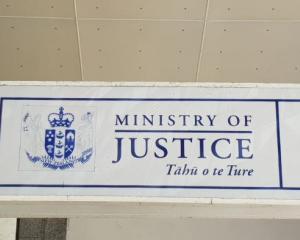A Christchurch primary school has apologised for giving students false Covid-19 prevention tips such as gargling hydrogen peroxide and holding their breath.
Whītau School parents received a set of "Coronavirus Facts" in a recent newsletter, advising them and to avoid ice water or drinks with ice cubes, TVNZ reported.
Principal Sandra Smith said the primary school students should perform a "verification test" every morning to check if they had been infected with Covid-19.
"Breathe in deeply and hold your breath for 10 seconds," she wrote.
"If this can be done without coughing, without difficulty, this shows that there is no fibrosis in the lungs, indicating the absence of infection."
This practice should be done every morning to "help detect infection".
TVNZ reported that the newsletter was sent to the parents of 300 students.
Smith also told parents that "hot drinks such as infusions, broths or simply hot water should be consumed abundantly".
Speaking to TVNZ, school board chairwoman Alexandra Davids apologised for the newsletter and said the principal, who acted with the best of intentions, was "horrified" to find she was wrong.
"We apologise for sending that misinformation out, it was sent out in good faith, but obviously a lot of that information has been debunked, and we do take responsibility for that."
The information had been provided by a trusted education consultant and slipped through wider checks, in a very busy time as the school was preparing for a lockdown, Davids said.
University of Otago infectious disease expert Dr David Murdoch told TVNZ the claims were all false.
"We just need to follow measures that have some evidence behind them and make sense, and it is common sense, if you think about some of these factors, they just do not make sense, and some are potentially harmful."
Covid-19 myths may distract some people from scientifically-backed measures to slow the spread of the virus, such as hand washing and physical distancing, he said.
The internet is rife with misinformation on the virus, with myths including gargling salt water, sipping water every 15 minutes and only eating cooked foods roundly de-bunked by medical doctors.
Unicef partnerships deputy executive director Charlotte Petri Gornitzka said it can be difficult to know exactly where to get information on how to keep you and your loved ones safe.
"But it is critical that we remain as diligent about the accuracy of the information we share as we are about every other precaution we take to keep ourselves and our loved ones safe."
Misinformation during times of a health crisis could spread paranoia, fear and stigmatisation, she said.
"It can also result in people being left unprotected or more vulnerable to the virus."
Gornitzka said people should also avoid sharing information from untrustworthy or unverified sources.













